After Selma — Again
We might honor Martin Luther King Jr.’s dream and the marchers in Selma by making voting in federal elections an obligation of citizenship.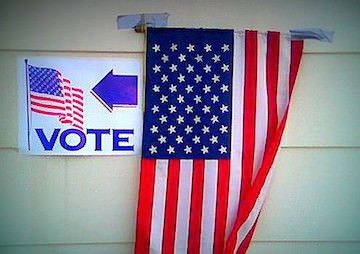 debaird™ (CC BY 2.0)
debaird™ (CC BY 2.0)
WASHINGTON — “Where Do We Go From Here: Chaos or Community?”
The title of Martin Luther King Jr.’s last book, published in 1967 after Selma and after the passage of the Voting Rights Act, poses a question that seems perennially appropriate — about our country’s struggle over race, of course, but also about our larger quest for justice.
It is a much better question than the one that frequently misleads so many of our discussions about the situation of African-Americans in the United States: Have we really made progress, or not?
It is not a trivial fact that the ceremonies on Saturday honoring the civil rights marchers beaten back on the Edmund Pettus Bridge 50 years before were led by an African-American president. Neither the demonstrators nor the police who pummeled them could have imagined this. Nor should anyone dismiss the reality that our attorney general, charged with enforcing civil rights laws, is African-American — as are 19 members of the House of Representatives and one senator from the states of the Old Confederacy.
President Obama likes to say “better is good,” and our country is undeniably better than it was. Those marchers suffered for something important that day. In so many ways that matter, they won.
But politics rarely produces final victories, and even the victories that do endure are often partial. So it is with race and with justice. We commemorated Selma less than two years after the United States Supreme Court had struck down the heart of the Voting Rights Act that was the great consequence of the marchers’ pain. Many states have passed laws infringing on access to the ballot.
And the weekend’s events came just days after the release of a Justice Department report on policing in Ferguson, Mo., finding that in a city which is two-thirds African-American, 85 percent of traffic stops, 90 percent of tickets and 93 percent of arrests over a two-year period involved blacks.
“A single tragic incident set off the city of Ferguson like a powder keg,” said Attorney General Eric Holder, referring to the killing of 18-year-old Michael Brown, because of the city’s “highly toxic environment, defined by mistrust and resentment, stoked by years of bad feelings, and spurred by illegal and misguided practices.”
Dr. King was right: The alternative to community is chaos. And his question stands: Where do we go from here?
At a minimum, Congress should honor Selma by restoring an effective Voting Rights Act. Republicans who now dominate Congress should savor the opportunity to renew the party’s finest traditions. Will they?
But we might be more adventurous and begin thinking about making voting in federal elections an obligation of citizenship. Yes, I know, “compulsory voting” seems a nonstarter in the United States, as Tom Mann, Norm Ornstein and I well know. The two political scientists and I have been pushing this idea for some time based on our experiences in Australia, a country for which all three of us have great affection.
Voters are required to go to the polls in Australia, and the system works well. Bringing everyone to the polls raises turnout, especially among the less well-to-do and among less ideological voters. A more moderate, more representative electorate is a good thing, and such a law would place an obligation on state and local governments: Instead of building barriers to voting, state legislatures would have to ease the way for citizens to fulfill their duty.
No, I do not expect a rush to embrace this idea. But the larger point of King’s 1967 book is as relevant today as it was then: The fruits of civil rights victories would not be widely shared unless “the whole of American society takes a new turn toward greater economic justice.” Noting that two-thirds of poor Americans at the time were white, King expressed the hope that “both Negro and white will act in coalition” on behalf of full employment or, in the alternative, in support of a guaranteed income for all Americans.
“There is nothing but a lack of social vision,” King wrote, “to prevent us from paying an adequate wage to every American citizen whether he be a hospital worker, laundry worker, maid or day laborer.”
But this lack of social vision connects to the distribution of political power, which is what Selma was about. We need a political system that genuinely and effectively represents the hospital worker, the maid and the day laborer. At the moment, ours doesn’t. The struggle in Selma was successful, but that doesn’t mean that it’s over.
E.J. Dionne’s email address is [email protected]. Twitter: @EJDionne.
© 2015, Washington Post Writers Group
Your support matters…Independent journalism is under threat and overshadowed by heavily funded mainstream media.
You can help level the playing field. Become a member.
Your tax-deductible contribution keeps us digging beneath the headlines to give you thought-provoking, investigative reporting and analysis that unearths what's really happening- without compromise.
Give today to support our courageous, independent journalists.
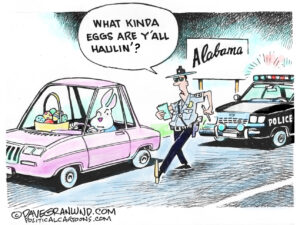
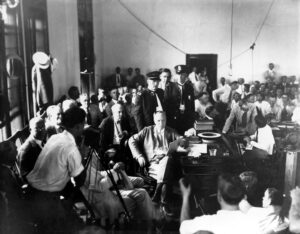
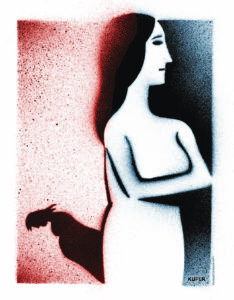
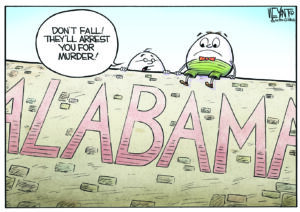
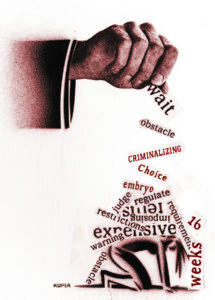
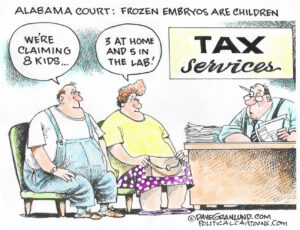
You need to be a supporter to comment.
There are currently no responses to this article.
Be the first to respond.